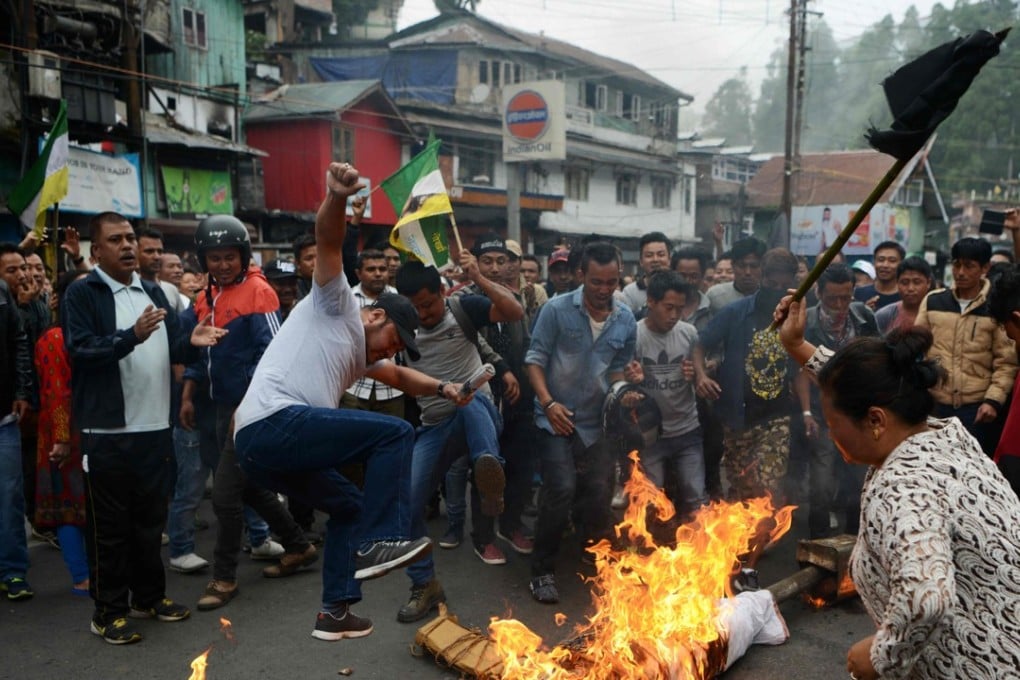Hills on fire, what’s brewing in Darjeeling?
The Gurkhas revive a decades-old demand for a state of their own within the borders of eastern India, this time with greater national and global sympathy for their cause

“Along the Singalila skyline I’ll climb the rhododendron road To find beyond the fragrant springtime The spirit’s loftiest abode”
There was a time when these lyrics from an old school song we sang as children captured the ethos of Darjeeling, the place where I was born and brought up in the foothills of the Himalayas. Not any more.
My old home town, famous around the world for the finest of teas, unparalleled mountain vistas and hill people’s hospitality, is burning. Armed soldiers and paramilitary forces are patrolling the streets, and blood has been shed as the masses rise to revive a long-running demand for “Gorkhaland”– a state of their own within India, named after the majority population of Gurkhas, and separate from the state of West Bengal, which has ruled the hills from the city of Calcutta for decades.
I was living a life of relative privilege and peace in Hong Kong in May, 2010, when I received shocking news from Darjeeling. A prominent local politician was hacked to death by thugs from the dominant Gorkha Janmukti Morcha (GJM) party at one of the town’s busiest crossroads. The killers butchered him using khukris, the traditional short, curved swords that are as famous and feared around the world as the Gurkha soldiers who wield them. Tourists, passers-by and even police watched, frozen in horror, or fled the scene.
The murdered man’s name was Madan Tamang. He was a gentleman and family friend. He was also an intellectual and a fiery orator, with a fearless streak that ultimately cost him his life.
Tamang’s family and supporters say he was silenced permanently because he went too far with his dogged reminders of the GJM’s failure to deliver Gorkhaland. He warned that party leader Bimal Gurung had sold out on the demand for a full-fledged state and was settling for a semi-autonomous interim administration that he would himself head. Just weeks before Tamang was murdered, a March deadline that Gurung had publicly set to either deliver on his statehood promise or kill himself came and went with no Gorkhaland in sight.
